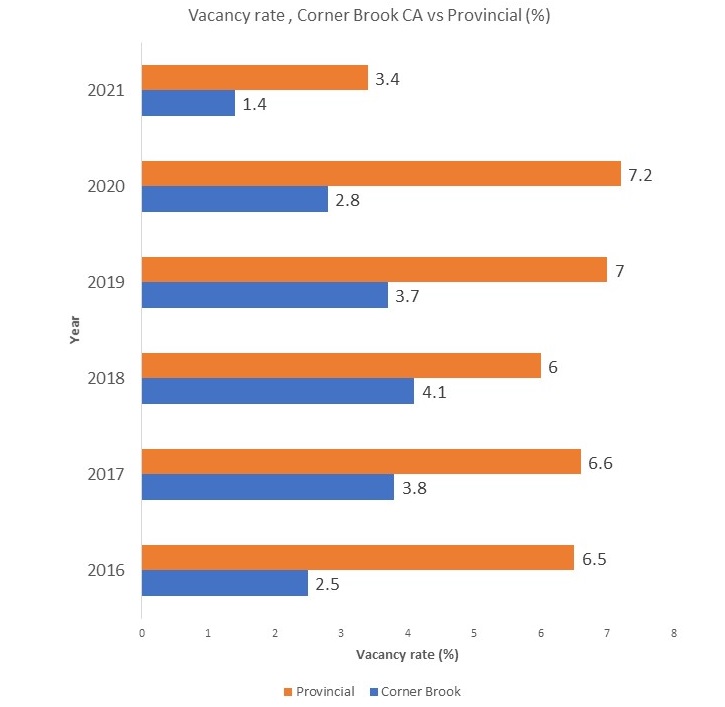Choose a report:
➤

Office of Engagement

Community Engaged Research

Community Engaged Learning



Homelessness in western Newfoundland is a hidden problem, according to the results of a recent housing study conducted in the Corner Brook-Humber Valley region.
"Fifty-one individuals identified as homeless," said research assistant Amanda Affram, a graduate of the master of arts in environmental policy, who will be pursuing a PhD in transdisciplinary sustainability at Grenfell Campus in Fall 2023. "These individuals lived with family and friends, in short-term rentals and in transitional housing. Very few lived in unsheltered places."
The research team of the Quantifying Housing Needs in Western Newfoundland project held a housing forum for housing stakeholders at the new Centre for Research and Innovation in Corner Brook to unveil the results of the study.
The project was a collaboration between the Community Mental Health Initiative (CMHI), Grenfell Campus, Memorial University of Newfoundland, and Newfoundland and Labrador Housing (NL Housing) and was funded through the Reaching Home program of the Government of Canada.
Stakeholders at the forum included housing service providers, municipal governments, Indigenous organizations, health service providers, mental health service providers, not-for-profits, researchers and students.
The research, which focused on the Corner Brook, Bay of Islands, and Humber regions of western Newfoundland, aimed to update existing data around housing and homelessness, as well as highlighting trends in demographics, housing characteristics and housing experiences that should be addressed to better support residents. The research emphasized identifying the needs of tenants, including those in core housing need and individuals experiencing homelessness.
In layman's terms, someone is in "core housing need" if they are living in an unsuitable, inadequate, or unaffordable dwelling, and are unable to afford alternative housing in their community.

Just under 45 per cent of the 109 tenants in the survey were in core housing need due to affordability and/or adequacy. The largest proportion of these was due to a lack of affordable housing. In fact, the study reports that in 2021, Corner Brook's vacancy rate was just 1.4 per cent. Jade Kearley is the interagency co-ordinator for the Community Mental Health Initiative, the lead partner organization for the project.
"Living in affordable, comfortable housing is about more than having a roof over your head," she said. "Not having appropriate housing is devastating - it affects your mental health and your physical health."
Service providers such as CMHI recommended an increase in public housing units as well as increased income support rates to the growing needs of tenants. Increased student housing and an increase in the number of direct and emergency funding programs were also recommended.
"Working with faculty and students at Grenfell Campus, as well as other partner organizations, enabled us to collect critical information that we can now use to leverage funding and supports to address this serious issue," said Ms. Kearley.
In addition to Ms. Affram, four other graduate students were involved in the research project.
"Projects like this offer an enriched student experience," she said. "Community projects provide the opportunity for mutually beneficial partnerships and collaboration - opportunities for the transfer of knowledge and diverse learning."
The full report as well as the full partner/researcher list, can be found on the project website.